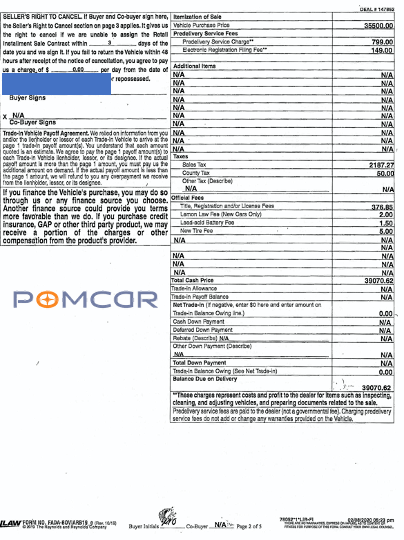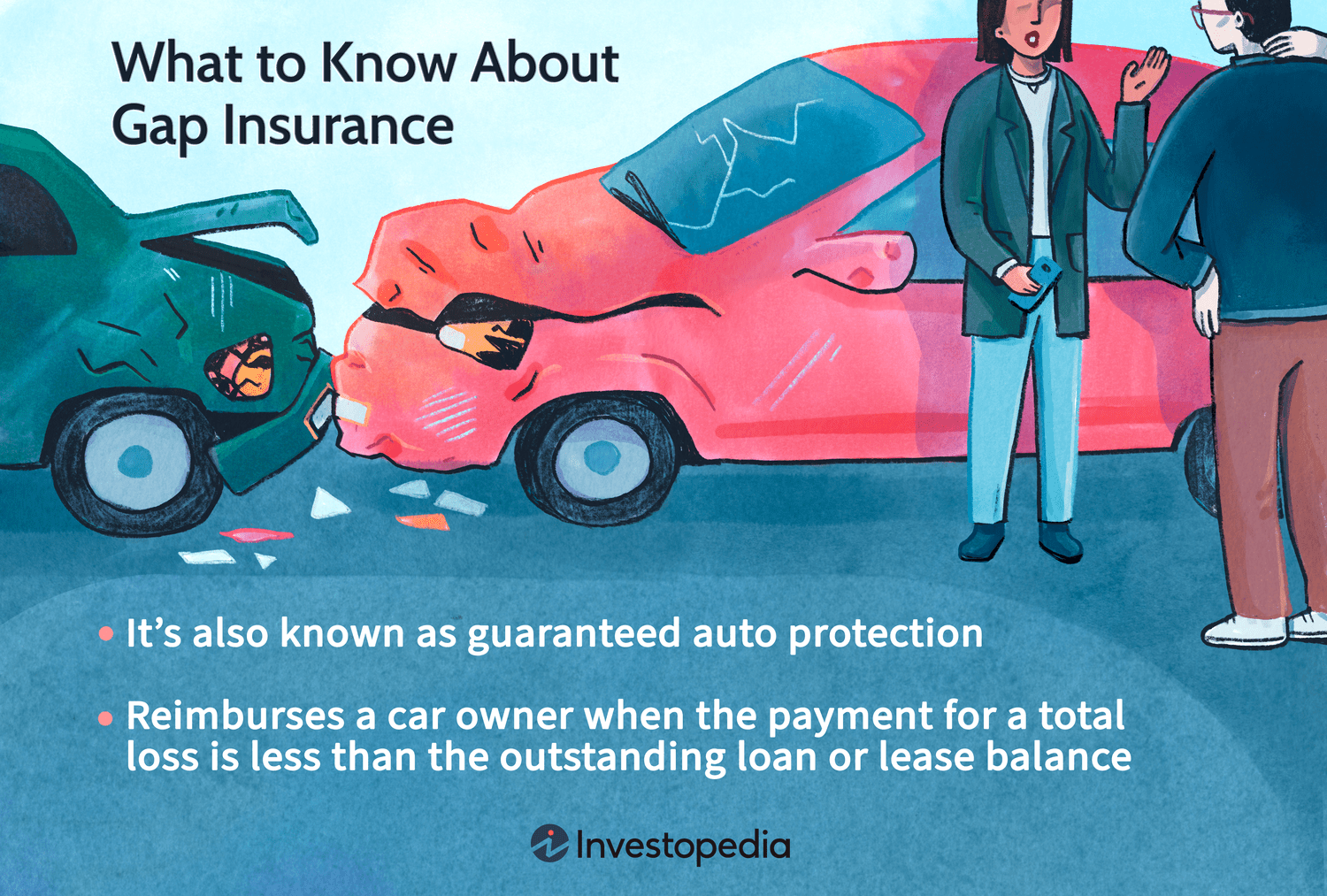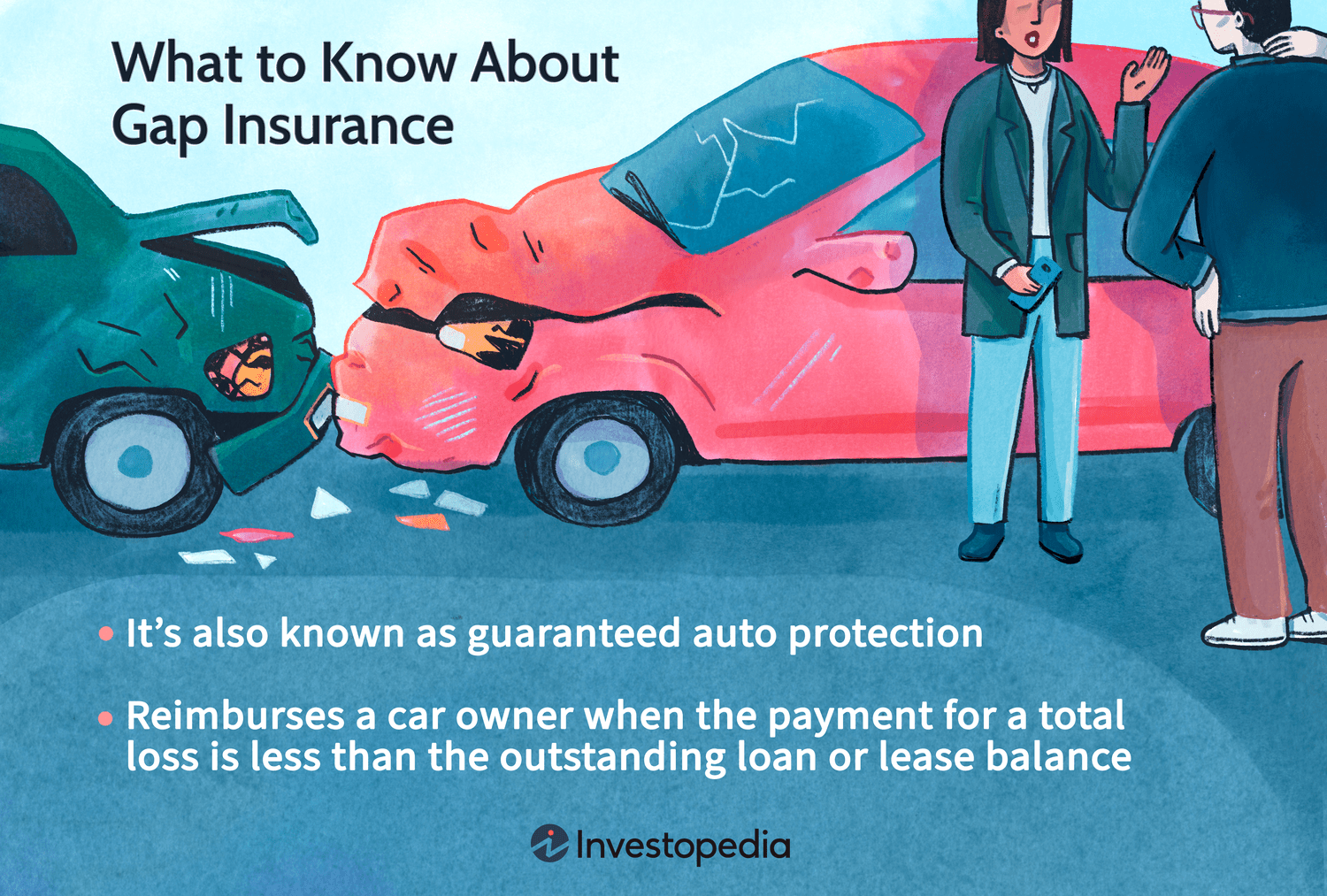Can You Lease Used Cars
Yes, you can lease used cars from select dealerships. These pre-owned vehicle leases often offer reduced monthly payments.
Leasing a used car is an option that combines the budget-friendly aspects of used car buying with the lower monthly costs associated with leasing. This alternative is especially appealing for those who desire to drive a premium model without bearing the hefty price tag of a new vehicle.
Opting for a used car lease can lead to considerable savings, while still affording you the flexibility that leasing provides. As you explore your automotive options, discovering a lease on a used car could be the sweet spot between affordability and the enjoyment of a newer vehicle experience. Keep in mind that leasing a used car comes with various conditions and availability may depend on the dealership’s policies and the age and mileage of the vehicle.

Credit: www.jdpower.com
Introduction To Pre-owned Car Leasing
Pre-owned car leasing offers a smart option for drivers. It combines the benefits of leasing with the value of a used car. This choice is perfect for those who seek lower monthly payments and the freedom to change cars frequently. Now, let’s dive into the details of how leasing a used car works and why it might be the perfect option for you.
The Basics Of Leasing Used Cars
Leasing a used car works much like a new car lease. You essentially rent the car for a set period. After the lease ends, you return the car or buy it. Dealers usually offer leases for cars that are up to four years old. Most of these vehicles come from their certified pre-owned (CPO) programs, ensuring quality.
- Choose a model: Pick from a selection of CPO vehicles.
- Set lease term: Decide how long you want to drive the car.
- Understand the terms: Know your mileage limits and wear-and-tear policies.
- Close the deal: Sign your lease and drive away.
Benefits Over Buying
Leasing a pre-owned car comes with a legion of benefits. It often leads to lower monthly payments than buying a new or used car. You can enjoy driving a better car for less money. The warranty still covers many leased used cars, so maintenance costs stay low.
| Leasing Used | Buying New |
|---|---|
| Lower monthly payments | Higher monthly payments |
| Potential warranty coverage | Warranty begins fresh |
| Switch cars often | Long-term commitment |
Used Car Leasing Process
Leasing a used car combines savings with flexibility. Much like leasing a new vehicle, used car leasing follows a set process. It offers a cost-effective solution for drivers looking for a shorter-term commitment with lower monthly payments. Below are crucial steps and eligibility details for leasing pre-owned vehicles.
Eligibility Criteria For Used Cars
Not all used cars qualify for leasing. Vehicles must meet certain standards:
- Maximum Mileage: Typically under 70,000 miles.
- Age Limit: Usually less than 4 years old.
- Condition: Must pass a thorough inspection.
- Residual Value: Expected to retain value over lease term.
Dealers often prefer leasing certified pre-owned (CPO) cars. These come with extended warranties and added peace of mind.
Steps To Lease A Pre-owned Vehicle
- Selection: Choose a used car that fits your needs and budget.
- Inspection: Ensure the vehicle undergoes a professional assessment.
- Dealership Visit: Work with a dealer that offers used car leases.
- Negotiation: Discuss the terms, mileage limit, and monthly payments.
- Credit Check: Undergo a credit approval process to qualify.
- Paperwork: Review and sign the lease agreement with a clear understanding.
- Drive Off: After the approval and paperwork, drive away in your leased used car.
Leasing a used vehicle requires attention to detail and an understanding of the terms involved. A well-informed decision leads to a satisfactory leasing experience.
Comparing New Vs Used Car Leasing
Choosing between leasing a new or used car involves various factors. Each option has its unique perks. Cost, depreciation, and warranties are crucial to consider. Understanding these can guide to a better decision that aligns with personal needs and budget.
Cost Differences
Leasing a used car often means lower monthly payments. This is because pre-owned vehicles have a lesser value than brand-new cars. Let’s explore some key cost differences:
- Initial Payment: A lower down payment on used cars is common.
- Insurance Costs: Insuring a leased used car can be cheaper.
- Sales Tax: Lower vehicle value results in reduced taxes.
Comparing the leasing costs of new vs. used cars helps spotlight potential savings.
Depreciation Factors
Vehicles depreciate the moment they hit the road. When you lease, depreciation affects your payments. Here are the key details:
| New Car Leasing | Used Car Leasing |
|---|---|
| Higher depreciation, as the car loses value quickly. | Slower depreciation as the major value drop has already occurred. |
Understanding depreciation is essential to making a cost-effective leasing choice.
Warranty Considerations
Warranty coverage is a significant aspect of leasing. Consider the following:
- New cars usually come with a comprehensive manufacturer’s warranty.
- Used cars may have limited warranty coverage, potentially leading to additional costs for repairs.
Assessing warranty options ensures peace of mind throughout the lease term.
Financial Aspects Of Used Car Leasing
Leasing a used car might be a savvy move for those eager to cut down on costs.
It combines the benefits of driving a quality vehicle with potentially lower monthly payments.
Understanding The Payments
Leasing a used car can often result in reduced monthly payments.
This is because you’re only paying for the car’s depreciation during the lease term.
- Initial costs may include the first month’s payment, a refundable security deposit, taxes, registration, and other fees.
- Monthly payments are usually fixed and take into account the total cost of the lease, divided over the lease term.
- Additional costs can occur if the car has exceeded the agreed mileage or has excessive wear and tear.
Residual Values And Buyout Options
The residual value is the car’s estimated value at the end of the lease term.
It influences monthly payments; higher residual values often mean lower monthly payments.
At lease end, you may have a buyout option to purchase the car.
This is based on its predicted residual value.
If the car is worth more than the residual value, it might be a good deal to buy it.
Pros And Cons Of Leasing Used Cars
Choosing between a new lease and a used one can be tough. Both have their benefits and challenges. In this post, let’s explore the advantages and setbacks you might face when you lease a pre-owned vehicle.
The Upside Of Lower Payments
Lower monthly payments stand out as the biggest plus. Used cars depreciate slower than new ones, reflecting in your lease terms. This means you can enjoy driving a car that’s new to you without the higher cost associated with brand new vehicles.
- Budget-friendly — enjoy a nicer car for less.
- Less depreciation — get more car for your dollar.
- Smaller down payment — keep more money in your pocket.
- Lower insurance rates — save on monthly costs.
Risks And Potential Drawbacks
Leasing a used car can come with certain limitations. Warranty coverage may be shorter, leaving you exposed to potential repair costs. Mileage is also a factor; higher miles might mean more wear and tear, translating to additional maintenance expenses.
| Risks | Drawbacks |
|---|---|
| Limited warranty | Higher maintenance |
| Uncertain vehicle history | Potential for earlier wear |
Don’t forget the possibility of a car with a hidden past. Accidents or poor maintenance by previous owners can introduce risks that aren’t immediately apparent.
- Research the car’s history thoroughly.
- Inspect for signs of major repairs or damage.
- Consider a comprehensive warranty for peace of mind.

Credit: www.edmunds.com
Ending A Used Car Lease
Are you nearing the end of your used car lease? Knowing your options and the right steps to take can save you time and money. Let’s walk through how to wrap up your lease efficiently.
Options At The End Of The Lease Term
When your lease draws to a close, you have choices to consider:
- Return the Car: Simply hand back the keys to the dealership.
- Buy the Car: Purchase it for the residual value stated in your lease contract.
- Lease Another Car: Transition to a new lease with the same or a different dealer.
- Extend the Lease: Request an extension from the leasing company, if available.
Processes For Lease Return Or Purchase
To end your lease, follow these steps:
- Inspect the Car: Check for damages that could incur fees.
- Know Your Mileage: Stay within your limit or know the cost for extra miles.
- Clean the Car: A clean car may avoid additional charges.
If you choose to buy, the process involves:
- Finalizing the Purchase: Get a buyout quote and arrange payment.
- Financing the Car: Secure a loan if you’re not paying in full.
- Title and Registration: Update these documents under your name.
Make sure to schedule an appointment with the dealer for a smooth return or purchase.

Credit: www.jaguarwestchester.com
Frequently Asked Questions For Can You Lease Used Cars
Is Leasing A Used Car Possible?
Yes, leasing a used car is indeed possible. Many dealers offer certified pre-owned (CPO) leasing options for vehicles that have undergone rigorous inspections and meet specific age and mileage requirements.
How Does Used Car Leasing Work?
Used car leasing works similarly to new car leasing. You agree to a contract term, usually 2-4 years, pay monthly installments, and follow set mileage limits. At the lease end, you can return the vehicle or purchase it.
What Are The Benefits Of Leasing Used Cars?
Leasing a used car can result in lower monthly payments compared to a new car lease. It’s a cost-efficient option, as the bulk of depreciation has already occurred, and you can access higher-end models that may be out of budget when new.
Can You Negotiate Used Car Lease Terms?
Yes, used car lease terms can often be negotiated. Be prepared to discuss the lease duration, mileage allowance, and monthly payments. Doing your research and understanding the car’s value can bolster your negotiation stance.
Conclusion
Exploring the option of leasing a used car can prove beneficial for budget-conscious drivers. It combines the perks of lower payments with the flexibility of a lease. Remember, though, to scrutinize the lease terms and vehicle history. By doing so, driving away in a reliable, cost-effective ride becomes a clear possibility.
Ready to hit the road?



